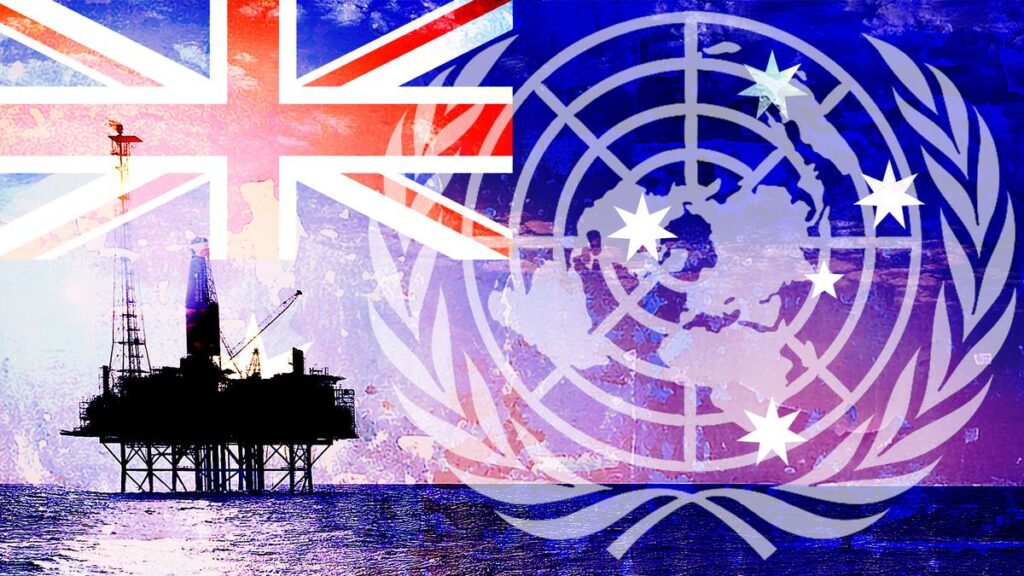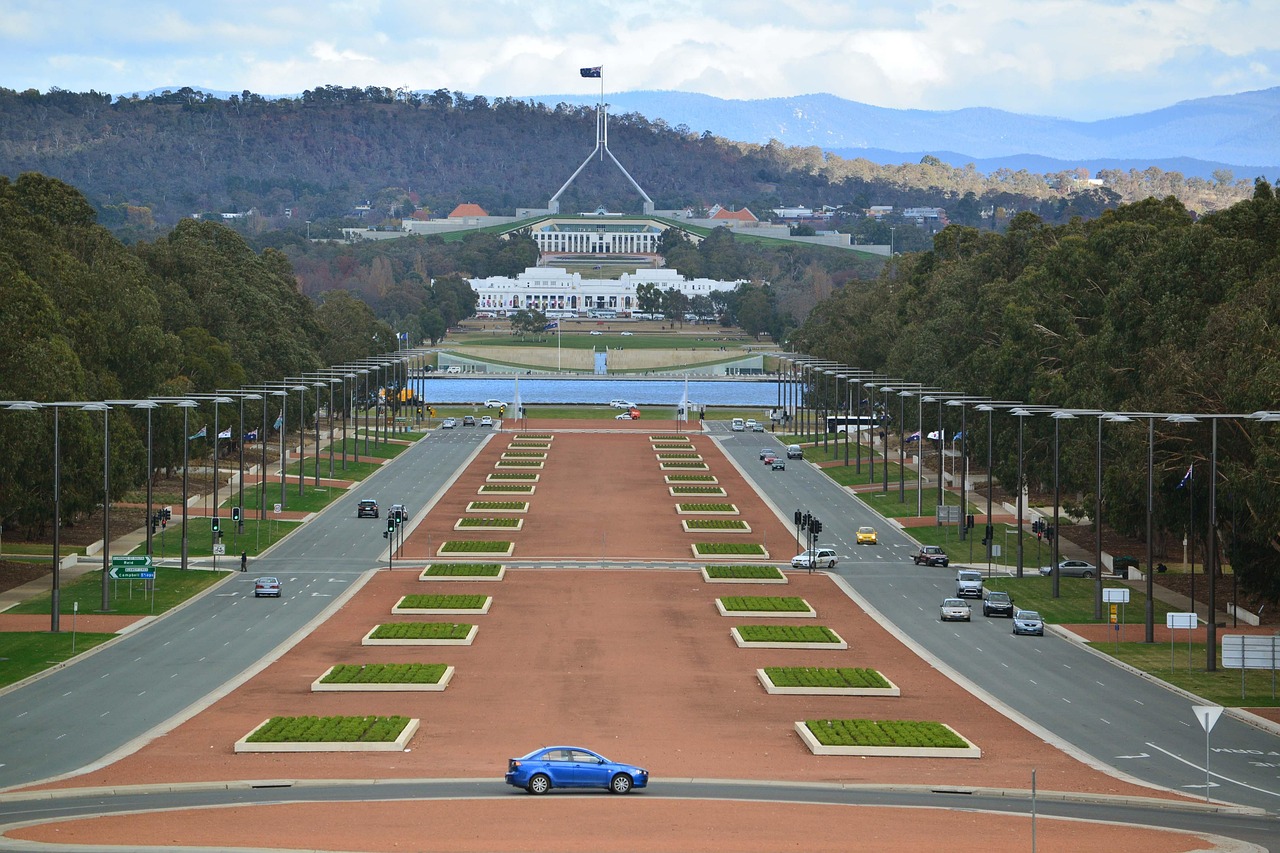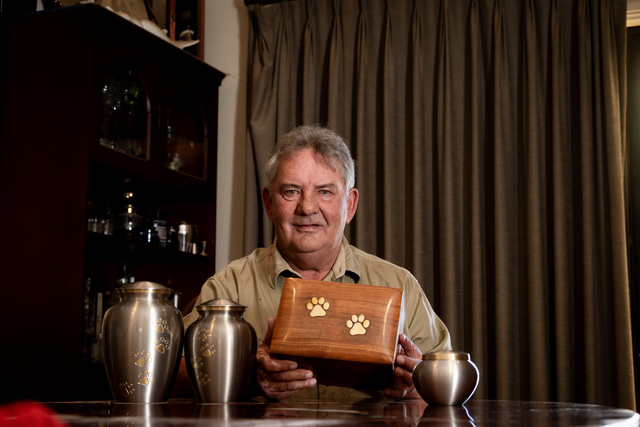
United Nations Rapporteur and North West Gas llustration: Don Lindsay
URGENT UPDATE: A UN Special Rapporteur has just sought to intervene in Australia’s legal proceedings concerning the North West Shelf gas project, igniting a fierce debate over national sovereignty and the role of international bodies in domestic matters. This unprecedented move threatens to reshape how Australia addresses its energy policies and legal frameworks.
Officials, including Slade Brockman, a Liberal Senator for Western Australia, strongly oppose this intervention, labeling it as an unwelcome infringement on Australia’s judicial independence. Brockman emphasizes that this application to become a “friend of the court” marks a critical moment in legal history, arguing that it undermines the very essence of democratic governance.
The implications are profound. Allowing UN officials to influence Australian court proceedings could pave the way for foreign entities to dictate national policy, raising concerns about who truly decides Australian matters. As Brockman stated, “The question is simple: Who should decide Australian energy policy?” He insists it must be the Australian people, through their elected institutions, not external actors.
The heart of the issue lies in the interpretation of the Environment Protection and Biodiversity Conservation Act, which is fundamental to assessing the environmental impacts of major projects. Brockman argues that the court’s role should remain grounded in Australian law and not be swayed by international opinions that may not reflect local realities.
This controversy highlights the tension between environmental advocacy and national autonomy. The gas industry, which many view as critical for Australia’s energy future, is now at the center of a heated debate over its environmental implications. Brockman acknowledges the differing perspectives on gas development but stresses the importance of maintaining control over national policy and legislative intent.
Critics of the UN’s involvement warn it could lead to a slippery slope where every significant infrastructure project becomes a platform for international activism. “Once we open the door to external ‘friends of the court’, where does it stop?” Brockman asks, raising fears that future projects might face similar interventions from international bodies.
This situation is particularly significant as it touches on Australia’s energy security, economic stability, and job creation. The gas sector is not just an environmental issue; it is intricately linked to national security and international relations, making it a matter of urgent public interest.
Public trust in the judicial system is also at stake. Australians expect their courts to be impartial and free from external influence. Brockman warns that allowing foreign interventions could fuel public cynicism, transforming environmental cases into battlegrounds for global advocacy rather than forums for applying Australian law.
As this situation develops, all eyes will be on how Australian courts respond to the UN’s unprecedented request and what it means for the future of the gas industry and environmental policy in Australia. The stakes are high, and the implications of this decision will resonate far beyond the courtroom.
Stay tuned for updates as this critical story unfolds and shapes the future of Australia’s energy landscape.






